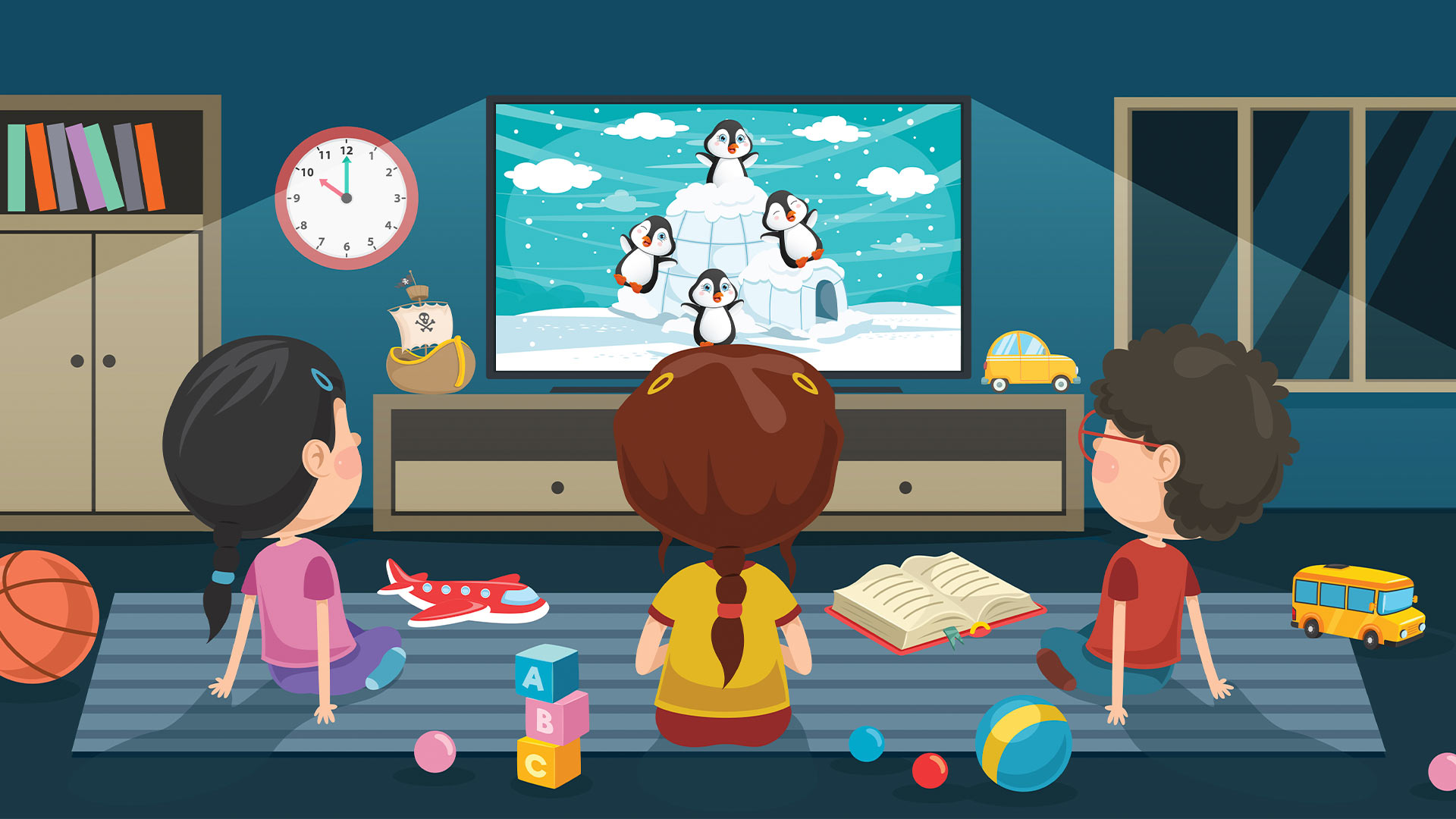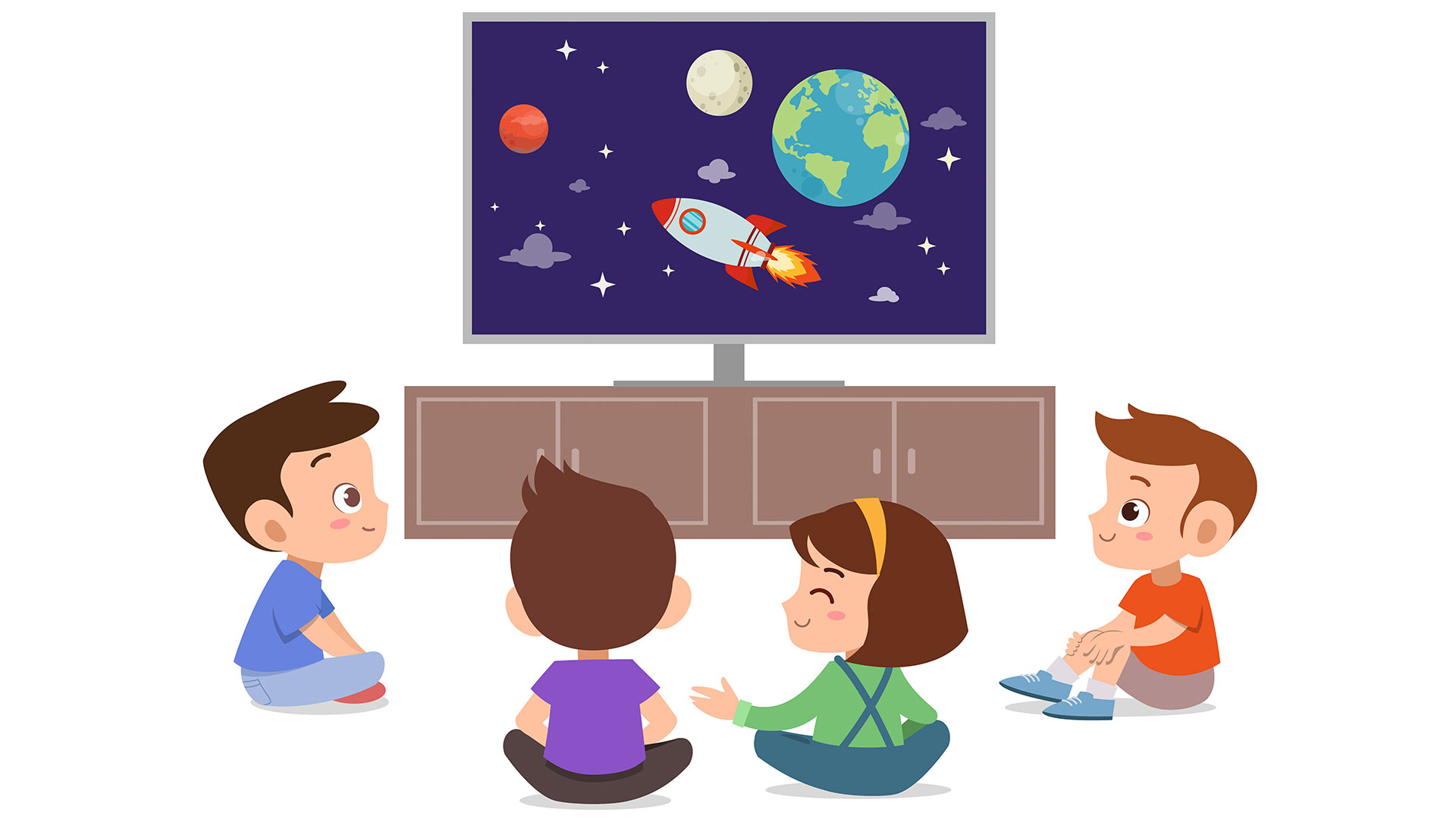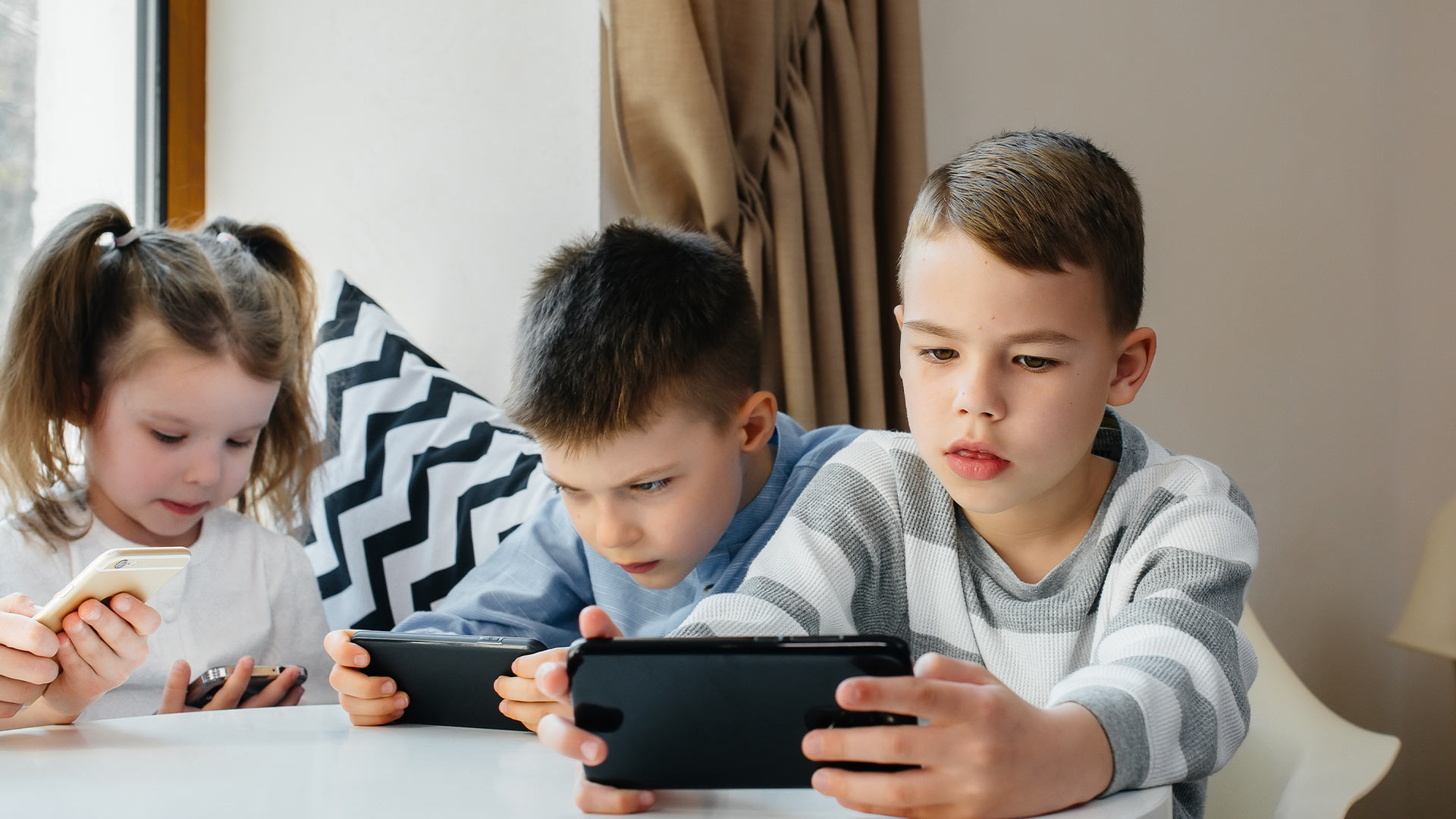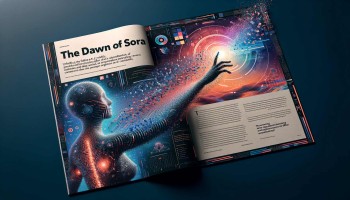In the digital era, Instagram Reels and YouTube Shorts have become ubiquitous, capturing the attention of children like never before. These short-form videos, often characterized by their brevity and often meaningless content, have taken over the screens of young minds. This article delves into the profound effects of Instagram Reels and YouTube Shorts on children's mental and behavioral development, highlighting the shift away from classic animated films like Mickey Mouse and Tom and Jerry. It explores the consequences of this transition and proposes meaningful solutions to address the growing concerns.
The Menace of Mindless Content:
Instagram Reels and YouTube Shorts have flooded the digital realm with a deluge of senseless, absurd, and fruitless content. These brief, attention-grabbing videos, while addictive, come at a cost that is particularly detrimental to the impressionable minds of children.
The Impact on Children's Mental and Behavioral Development:
1. *Mental Processes:* Children's mental processes, which should ideally be nurtured through thoughtful engagement, are now subjected to a relentless barrage of mindless content. This overstimulation can hinder cognitive development and creativity.
2. *Maturation at an Early Age:* The exposure to content that is often beyond their age and comprehension level leads to an early maturation of children, robbing them of their innocence and carefree childhood.
3. *Behavioral Changes:* The consequences are stark; children who once found joy in the antics of classic animated characters like Mickey and Mouse or Tom and Jerry are now inundated with content that fosters impatience, instant gratification, and a skewed sense of reality.
Dr Abhay paliwal, leading psychiatrist from Indore says, As a practicing psychiatrist in India, I have witnessed the growing concerns surrounding the excessive use of social media reels and shorts among children. This trend has profound implications for the mental well-being and development of our young population. First and foremost, it's crucial to acknowledge that social media platforms like Instagram Reels and YouTube Shorts are designed to be addictive. Their algorithms are finely tuned to keep users engaged, often leading to extended screen time. Dr Paliwal says that Constant exposure to short, mindless content can hinder the development of critical thinking, problem-solving skills, and the ability to focus for extended periods. The rapid-fire nature of these platforms promotes instant gratification, making it challenging for children to engage in activities that require patience and sustained attention.
Moreover, the content itself often lacks substance and educational value. While classic animations like Mickey Mouse and Tom and Jerry offered entertainment with underlying moral lessons, many social media reels and shorts prioritize shock value and sensationalism. This can contribute to a desensitization of young minds and a distorted sense of reality.

In terms of behavioral development, excessive use of these platforms can lead to impulsive behavior, decreased social interaction, and even sleep disturbances. Children may become more irritable and find it challenging to manage their emotions effectively.
The Peril to Society:
The repercussions extend beyond individual development; the premature maturation of children can potentially have profound societal consequences. The future generation is at risk of losing its innocence prematurely, leading to a society that may struggle with issues related to impulsivity, attention spans, and emotional stability.
Solutions:
It's essential for parents to be actively involved in their children's digital lives. Setting boundaries, encouraging a balanced media diet that includes quality content, and fostering open communication about online experiences are crucial steps.
As a society, we must advocate for responsible content creation and advocate for stricter age-appropriate controls on these platforms. Additionally, schools can play a pivotal role by incorporating media literacy education into their curricula, helping children develop critical thinking skills to navigate the digital world more responsibly.
In conclusion, the excessive use of social media reels and shorts can indeed have adverse effects on children's development, behavior, and mental processes.
While we cannot entirely shield them from these platforms, we can guide them in using them mindfully and ensuring that they continue to engage with content that enriches their lives and fosters healthy development.
1. Media Literacy Education: Incorporating media literacy education into school curricula can empower children to critically analyze the content they consume, helping them distinguish between meaningful and mindless content.
2. Parental Involvement: Parents must actively engage in their child's media consumption, providing guidance and setting boundaries to ensure a balanced diet of content.

3. Promoting Quality Animation: Encouraging children to watch quality animated films that entertain while imparting valuable life lessons can counterbalance the negative effects of mindless content.

4. Age-Appropriate Content Filters: Platforms hosting short-form content should implement stricter age-appropriate content filters and parental controls to shield children from inappropriate material.
5. Advocacy for Responsible Content Creation: Influencers and content creators should prioritize producing meaningful and educational content suitable for children, fostering a healthier digital environment.
Conclusion:
The prevalence of Instagram Reels and YouTube Shorts has transformed the digital landscape for children, impacting their mental and behavioral development. As a society, it is our collective responsibility to address these concerns and safeguard the well-being of our future generations. By promoting media literacy, responsible content creation, and parental involvement, we can steer children away from the mindless abyss and towards a brighter, more wholesome future.












Recent comments
Latest Comments section by users